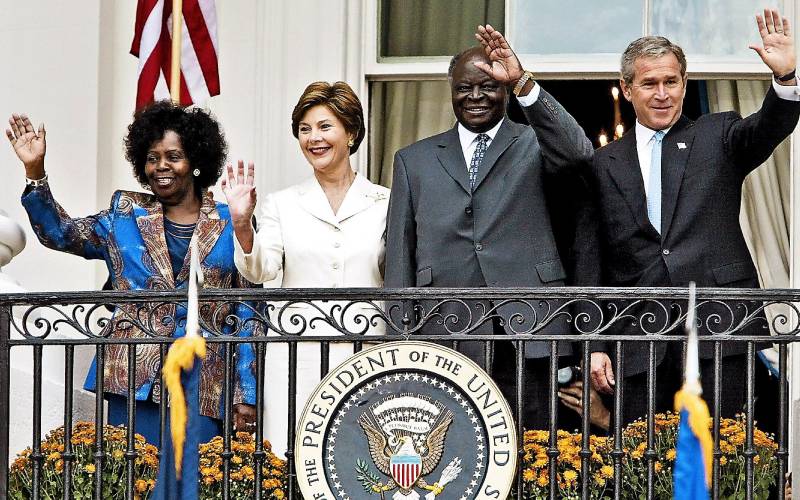
The editor of the Weekly Review - then one of the most incisive political publications in Kenya - in the issue published on September 15, 1978, described him as “the Rising Star.” It was bold declaration at a fragile time when Kenya was going through a political transition following the death of President Jomo Kenyatta, hardly two months earlier.
Having been the person who had read the Cabinet’s first joint statement that rallied the country behind Daniel arap Moi when he was acting as President, the then Cabinet minister Mwai Kibaki was certainly running ahead of the pack. Yet, it was still telling for a political publication to give him front cover prominence with a descriptor of that kind.